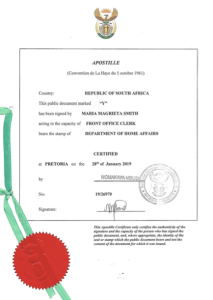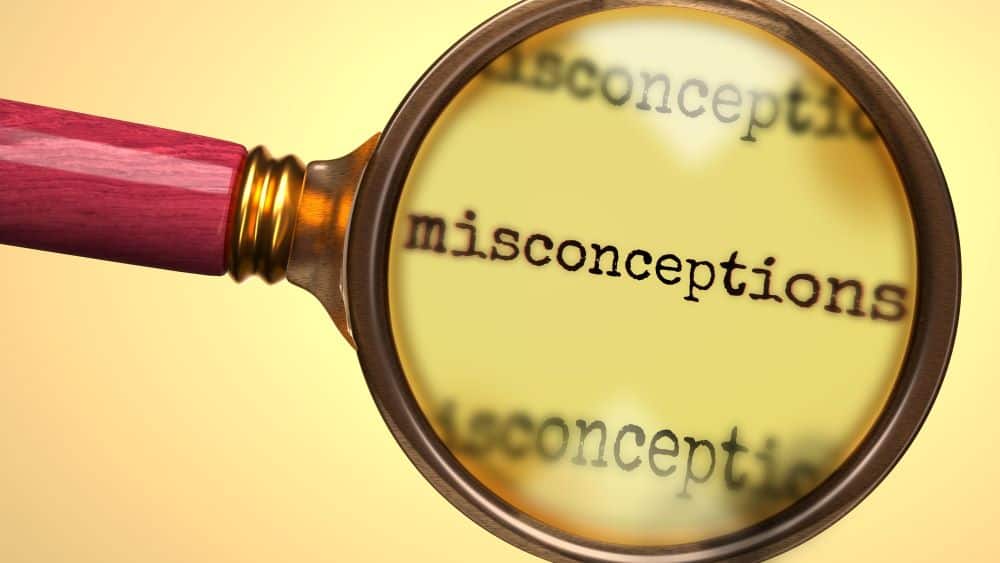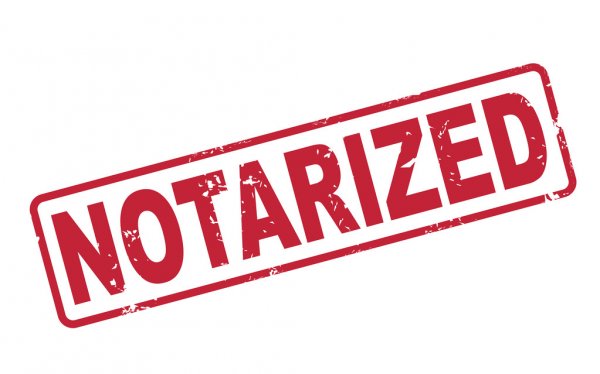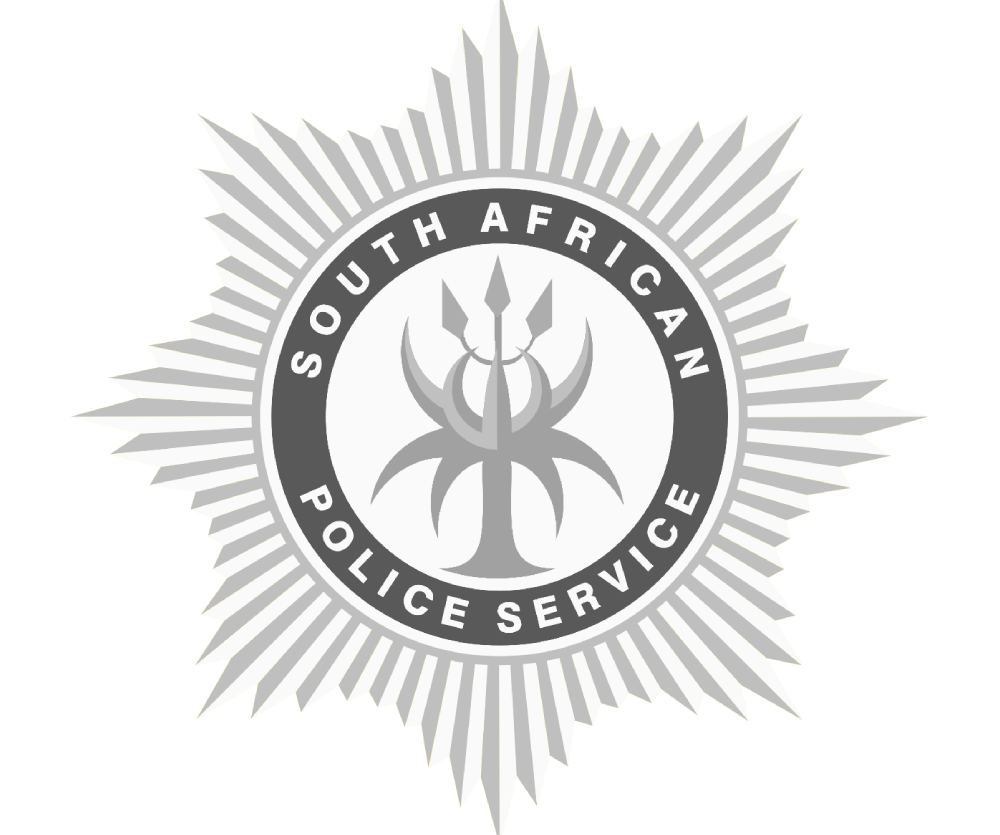The apostille and legalisation process in South Africa is surrounded by confusion and misconceptions. However, it remains a crucial aspect in the certification of South African documents for global recognition and it is of the utmost importance that it is carried out accurately. An error in this process can result in a delay and/or rejection of your document and may prevent you from studying abroad, working internationally or conducting international business.
With so many websites on the subject of Apostille and Document Authentication in South Africa, it is easy to become overwhelmed and frustrated. The difficulty is that even though we live in the information age, there is still a lot of misinformation circulating on the subject. To break this trend, let’s examine 5 misconceptions about Apostille and Document Authentication that we often hear regarding Apostille and Document Authentication in South Africa.

6 misconceptions surrounding apostille and document authentication in South Africa
Myth 1: You can apostille degree certificates
Original degree certificates are never apostilled; rather, the verification letter of your degree is the one that will be apostilled. The verification letter can be applied for at the South African Qualifications Authority (SAQA). The SAQA verification letter proves the validity of your degree and that you obtained your degree at a registered South African university. After obtaining your SAQA verification letter, you can then send it to the Department of International Relations and Cooperation (DIRCO) for it to be apostilled for international use, or you can send it to Global Apostille for an express, expedited DIRCO apostille service.
Myth 2: Apostilles and Embassy Legalisation are the same
An apostille is the same as Embassy Legalisation. They are both used to authenticate documents so that they can be used legally abroad; the only difference between an Apostille and Embassy Legalisation is the legal procedure they follow. Embassy Legalisation is a more involved, drawn-out procedure and has multiple steps of authentication done through diplomatic channels, and is used for countries which are not signatories to the Hague Apostille Convention. While an apostille is a simpler form of legalisation designed especially for nations who are part of the Hague Apostille Convention.
Myth 3: Apostille is always necessary for international use
While it is frequently required when using South African public documents in countries that are parties to the Hague Convention, an apostille is not always required for international usage. In essence, it confirms that documents bearing signatures, seals, and stamps are authentic, so granting them legal validity in those countries. Complete legalisation is necessary if a country is not a part of this convention.
Myth 4: DIRCO apostilles carry more weight
Both the DIRCO Apostille and the South African High Court Apostille have the same legal weight and are used for the same purpose: authenticating public documents in compliance with the Hague Apostille Convention so that they can be used abroad. This indicates that Apostilles issued by Dirco or the South African High Court are equal in every way and provide the same legal value. Although the DIRCO Apostille is preferred by some embassies and consulates of countries such as Spain and Mozambique, this does not mean they do not accept the High Court Apostille; they just prefer apostilles from DIRCO. This does not in any way imply that the Apostille differ; it is simply a matter of legal preference.
The choice between a DIRCO and High Court apostille is also dependent on the type of document you need to authenticate: For government-issued documents, such as birth, marriage, and death certificates, as well as academic transcripts and diplomas — choose DIRCO. And for confidential documents or legal agreements, such as contracts, power of attorney, letter of no impediment, etc — choose the High Court. Both serve to authenticate documents for international use, but the origin of the document determines which body to choose to authenticate your document.
Myth 5: Apostilles take months to complete.
Yes, an apostille can take months to complete. This is due to the backlog created by COVID-19, but since the Department of International Relations and Cooperation (DIRCO) re-opened its doors on the 11th of March 2024 for walk-in apostille services, their processing time has been anywhere between 6 to 7 weeks. While the South African High Court Apostille takes anywhere between a day and 5 days. However, at Global Apostille, we can fast-track your apostille in time for your trip abroad.
Myth 6: Apostille originals and copies
Both original documents and certified copies of documents are eligible for apostille certificates. Many government documents are legalised as originals, but others must be copies. Additionally, the nation making the apostille request can have different requirements for how you submit your document.
Some documents must be processed as originals at all times. According to government regulations, photocopies cannot be issued with an apostille. Copies cannot be processed even if they are signed by a notary public or a solicitor. This applies to birth, marriage, and death certificates, which can only be legalised with the original document or an official registry-issued copy. Criminal record checks and medical notes are also issued with the apostille on the original certificate.
A small number of documents can only be legalised with copies certified by a solicitor or a notary public. A certified copy protects the original government documents from being damaged or defaced. Passports, driver’s licenses, residency papers, and immigration documents are a few examples of this.
Global apostille in South Africa
Global Apostille is a South African company that specialises in providing apostille services. We help applicants to get their documents apostilled in South Africa without any hassle. With over 10 years of experience and a solid network of agents, we are well placed to offer you expeditious application and legalisation of your documents, as well as incredibly reliable and fast apostille services in Pretoria, Johannesburg, Cape Town and Durban. We are committed to simplifying the Apostille process to ensure that there are no misconceptions and to confirm that your documents have been appropriately authenticated for use abroad. For additional details please contact us: Tel: 012 348 3134; Mobile: 081 347 6060; Email: info@apostillelegalisation.co.za.

FAQs about misconceptions about apostille and document authentication in South Africa
1.What is the difference between a notary and an apostille?
They both authenticate public documents, but they differ in that notarized documents are only valid in South Africa and attest to the legality of the signatures on them, whereas an apostille authenticates South African public documents so that they can be used abroad, guaranteeing a document’s legality globally. Therefore, if you want to sign off your power of attorney to someone running your company overseas, then you’ll first have to notarize your power of attorney, then apostille it for it to be used overseas.
2.What is the Apostille Hague Convention?
The Apostille Hague Convention, also known as The Convention of 5 October 1961 Abolishing the Requirement of Legalisation for Foreign Public Documents (HCCH 1961 Apostille Convention) makes it easier to utilize public documents abroad. By replacing the lengthy and expensive legalization process with the issuing of a single Apostille certificate by a Competent Authority in the location where the document originates, the Convention aims to do away with the traditional requirement of legalization.
3.Who are the legal bodies that provide an apostille in South Africa?
The South African High Court and the Department of International Relations and Cooperation are the South African legal bodies that provide apostilles, but agencies like Global Apostille Legalisation can also help with apostilles, as we work hand in hand with both legal bodies.
4.Why do documents need to be authenticated?
The goal of document authentication is to guard against fraud and guarantee the authenticity of crucial documents including marriage licenses, birth certificates, college degrees, and powers of attorney.









